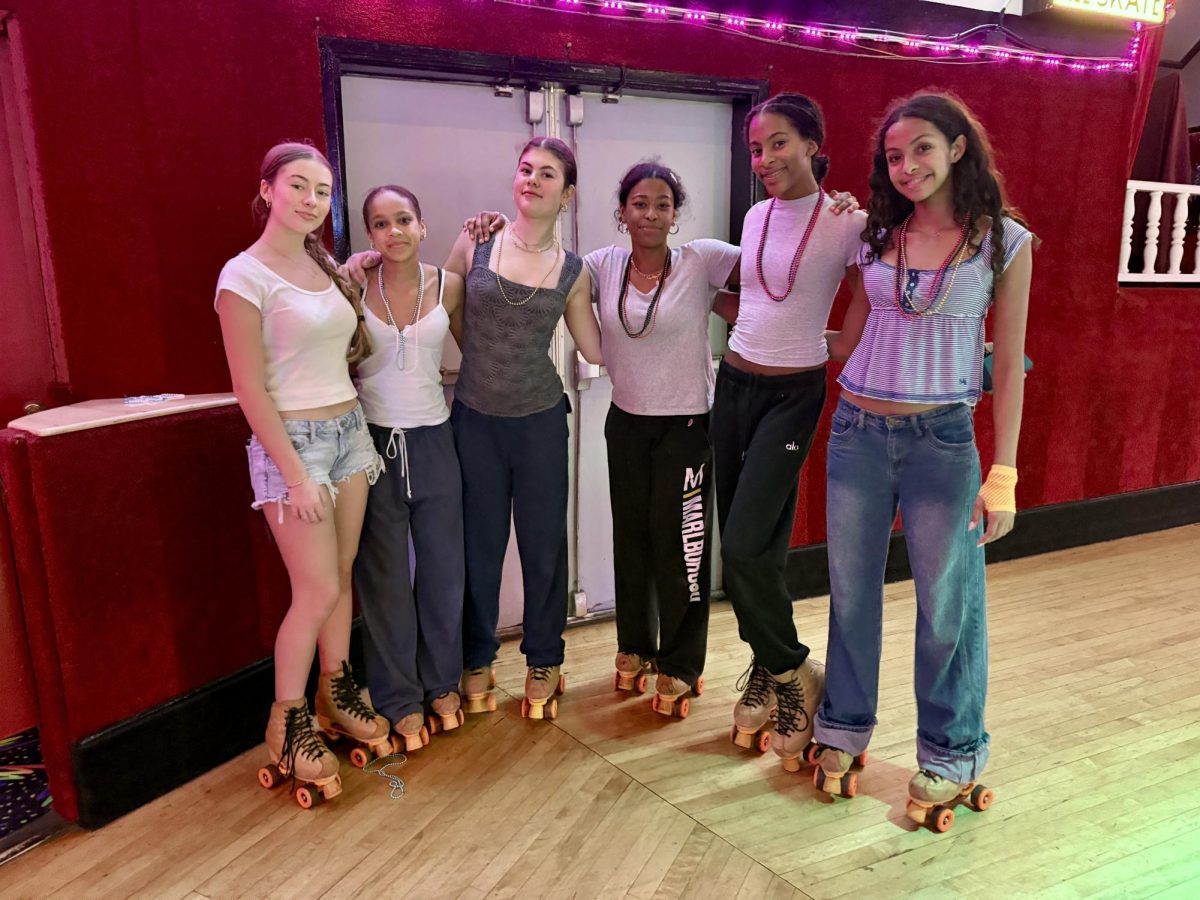
English and art history instructor Ellie Donnell traveled to Honolulu, Hawaii, from Jan. 18 to Jan. 22 to attend a program at the Punahou School and ‘Iolani School, hosted by the Independent Schools Experiential Education Network (I.S.E.E.N.), to learn how to provide students with more leadership opportunities in the classroom. Donnell joined I.S.E.E.N. many years ago, but this is her first time attending a conference.
“It’s always a learning experience any time you get to observe another school in action. It’s inspiring to think about how we might [teach] differently here at Marlborough or not,” Donnell said.
I.S.E.E.N. coordinators put together the program to expose teachers to various types of experience-based teaching, such as outdoor and adventure education, gardening and building projects, which require students to learn through doing.
Donnell explained that one of the many interesting experiential teaching styles that she observed was a hospice class for seniors at ‘Iolani School in Honolulu. In the class, students have the opportunity to leave campus and assist a hospice nurse and a social worker with providing aid for a patient. In addition, they have an academic class that ties in with what they are learning in their hospice work outside of school. At Punahou School, students can participate in a garden class and get to use the plants they grow in school cafeteria lunches.
The I.S.E.E.N. program also focused on place-based education, in which students have experiences that allow them to interact with local history, culture or environments. For example, classes like hula dancing at the ‘Iolani School and canoe building at the Punahou School are offered to give students the opportunity to become culturally experienced and to allow them to learn skills that their ancestors may have used.
Donnell pointed out that she thinks Marlborough already has programs similar to those of Punahou, such as the seventh grade downtown trip and the ninth grade Pali trip, but this program gave her a little more insight about how even more experiential teaching can be integrated into her own class.
“I think there’s something to be said for taking a look at how we can give students more leadership opportunities, how we can give students more responsibility, how we can shift the focus as teachers away from content and a little bit more on skills,” Donnell said.
She plans on offering her students opportunities to lead discussions and to teach the class. For example, she has implemented this idea by allowing her AP Art History students to lecture for a week on Northern Renaissance art.
Julia ’16, a member of the art history class, explained how leading a lecture allowed her to understand better what she was learning, instead of just memorizing facts.
“I think the more involved you can get, the more likely you are to not only be genuinely interested, but to also end up remembering it beyond an assessment,” Julia said.
Despite the fact that she has ideas of how to implement this learning style into her class, she explained that experiential education is a difficult concept to grasp. Although it is self-explanatory in how it is applicable to outdoor education or global programs, Donnell explained that figuring out how it how it manifests itself in a classroom has been difficult for her.
“Sometimes it doesn’t work and falls flat, but I think it’s still a valuable learning experience,” Donnell said.
To ensure she reaches her teaching goals, Donnell said she always has one main question to ask herself when leading classes: how can she give her students “authentic, transformative experiences?”










